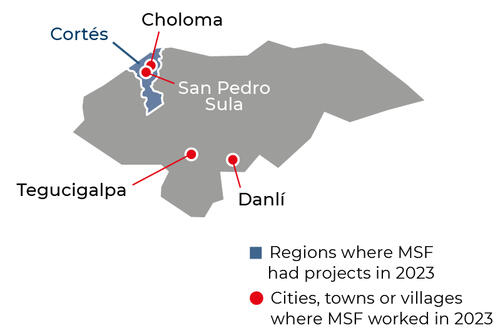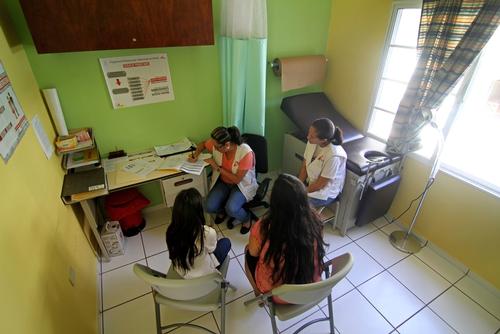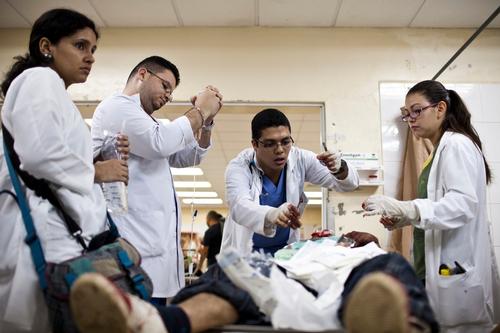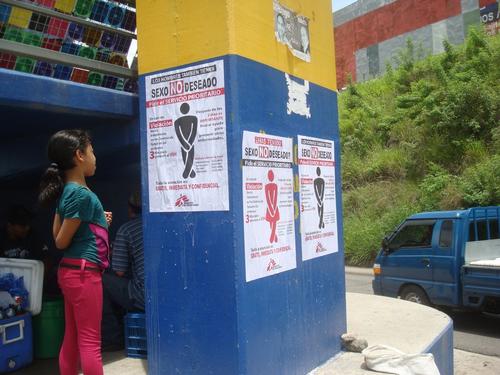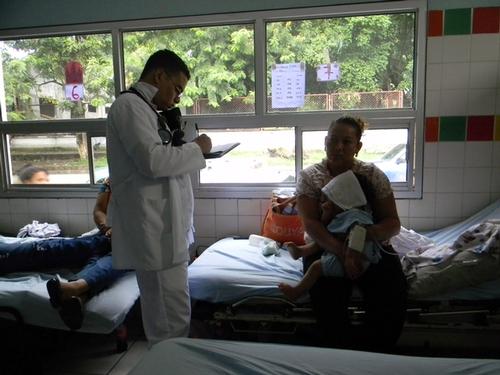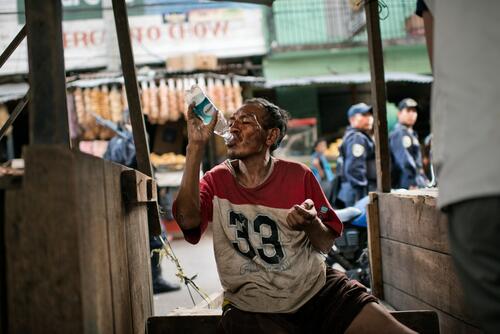We have responded to numerous health emergencies caused by dengue in Honduras since 1998. There are generally outbreaks every two to four years, of varying severity.
In July 2023, with the aim of finding more effective, sustainable and replicable methods for the control of mosquito-borne diseases, we started implementing the first of two studies looking at new vector control techniques to prevent illness and deaths from dengue.
The study is the application of the Wolbachia method in one of the most populated areas of the capital, Tegucigalpa, which covers approximately 50 neighbourhoods. The World Mosquito Program’s Wolbachia method involves the release of Aedes aegypti mosquitoes carrying the naturally occurring Wolbachia bacteria. Wolbachia reduces mosquitoes’ ability to transmit the virus, and this modification is passed on from generation to generation, creating a sustainable solution.
Meanwhile, in Choloma, we continue to run mobile clinics providing care for victims and survivors of sexual violence, family planning and mental health support in marginalised communities. In San Pedro Sula, we work to improve access to medical and psychological healthcare for sex workers and the LGBTQI+ community, offering family planning, cervical cancer screening, pre-exposure prophylaxis for HIV prevention, and human papillomavirus vaccinations.
In 2023, we also sent mobile teams to two points on the Nicaraguan border to assist migrants making their way north to Mexico and the US. At the end of the year, we set up a base in Danlí, a municipality close to the border, to offer medical and psychological care, as well as social support, to migrants. The project has a strong advocacy component, mainly targeting the administrative barriers that migrants face, for example in obtaining healthcare.
In addition, our teams responded to floods in San Pedro Sula, providing mental health support to people affected. We also distributed hygiene kits and carried out fumigation and health promotion activities.
